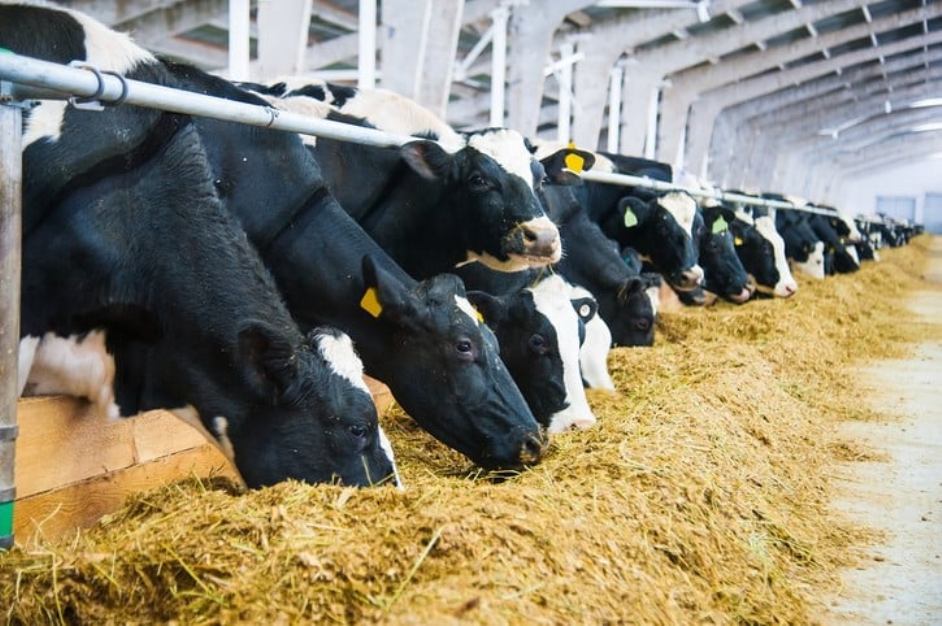Former First Deputy Prime Minister, Moses Ali after receiving the Covid-19 vaccine at Parliament.
Uganda is expected to post ‘modest economic growth’ but uncertainties over the direction of the COVID-19 pandemic will limit the country’s progress this and next year, according to the World Bank.
This financial year, growth is expected at 3 per cent, growing to 5 per cent next year, boosted partly by investment inflows in the oil and gas sector, as well as recovery of economic activities. However, this growth is threatened by the slow progress in the COVID-19 vaccination compared to other countries, according to the Bank’s 17th Uganda Economic Update titled; “From Crisis to Resilient Green Growth: Investing in Sustainable Land Management and Climate Smart Agriculture”
The report says countries that have vaccinated at least half of their population are witnessing good growth rates, while in Uganda just about 8.5 doses have been delivered per 1000 people since March 2021. This first phase of vaccination targeted health workers, teachers, security personnel, persons aged above 50 and those with other risky health conditions.
“Significant uncertainty remains on the evolution of the COVID-19 pandemic and its effects in Uganda. A resurgence of the virus could turn into a second wave, which could peak around July 2021,” warns the report, adding that the percentage of the population that has been vaccinated could only rise gradually from 2 doses per 100 persons by June 2021 to about 30 per cent, due to both reluctance of some sections of the population to vaccinate and due to limited supply of the vaccines.
The report expresses fear that with the general population not keen on abiding by the preventive standard operating procedures, a resurgence could result in more mobility restrictions, and thereby affect the economic recovery. But the government hopes that the economy will pick up faster when more oil and gas sector investments flow in, following the signing of vital agreements between Uganda and Tanzania and the with the investors in April and May this year.
The Director of Economic Affairs at the Ministry of Finance, Planning and Economic Planning Moses Kaggwa urges Ugandans to get vaccinated and abide by the measures against COVID-19, so as to avoid another lockdown, which would be devastating.
The report calls for more and committed investment in the agriculture sector, which has proved that it can survive the effects of a pandemic better than the other sectors. However, commercial agriculturalist, Victoria Sekitoleko blames the government for doing little than praise the agriculture sector, which has suffered greatly from environmental degradation.
She says that apart from little funding and lack of extension services, the government should be more concerned about the environment now that agriculture is attracting more people from other sectors.
Concerning policies meant for the promotion of the agriculture sector, Bank of Uganda Executive Director for Research, Adam Mugume says all the policies that would adequately cater for the development of the sector are there, but are not implemented.
Dr Fred Muhumuza, an economist noted that the economy and the main challenge posed by the pandemic to both the government and the citizens is the uncertainty it comes with. Muhumuza says even the authorities are often forced to make decisions before planning for the impacts of the decisions on the economy, making it hard for both the private sector and the policymakers.
The services sector was particularly hard hit, contracting by over 3 per cent in 2020, with activities in key sectors like education and accommodation and food services largely curtailed for most of the year.
As restrictions were loosened, business and trading conditions improved both locally and globally allowing investments to pick up in the last quarter of 2020, with stronger signs of recovery in the manufacturing and construction sectors continuing into the quarter ending March 2021.
Growth in agriculture has been sustained through the cash crops sector, which is relatively better than the food crop sector, in the use of improved farming practices to manage weather variability, according to the report.
-URN





